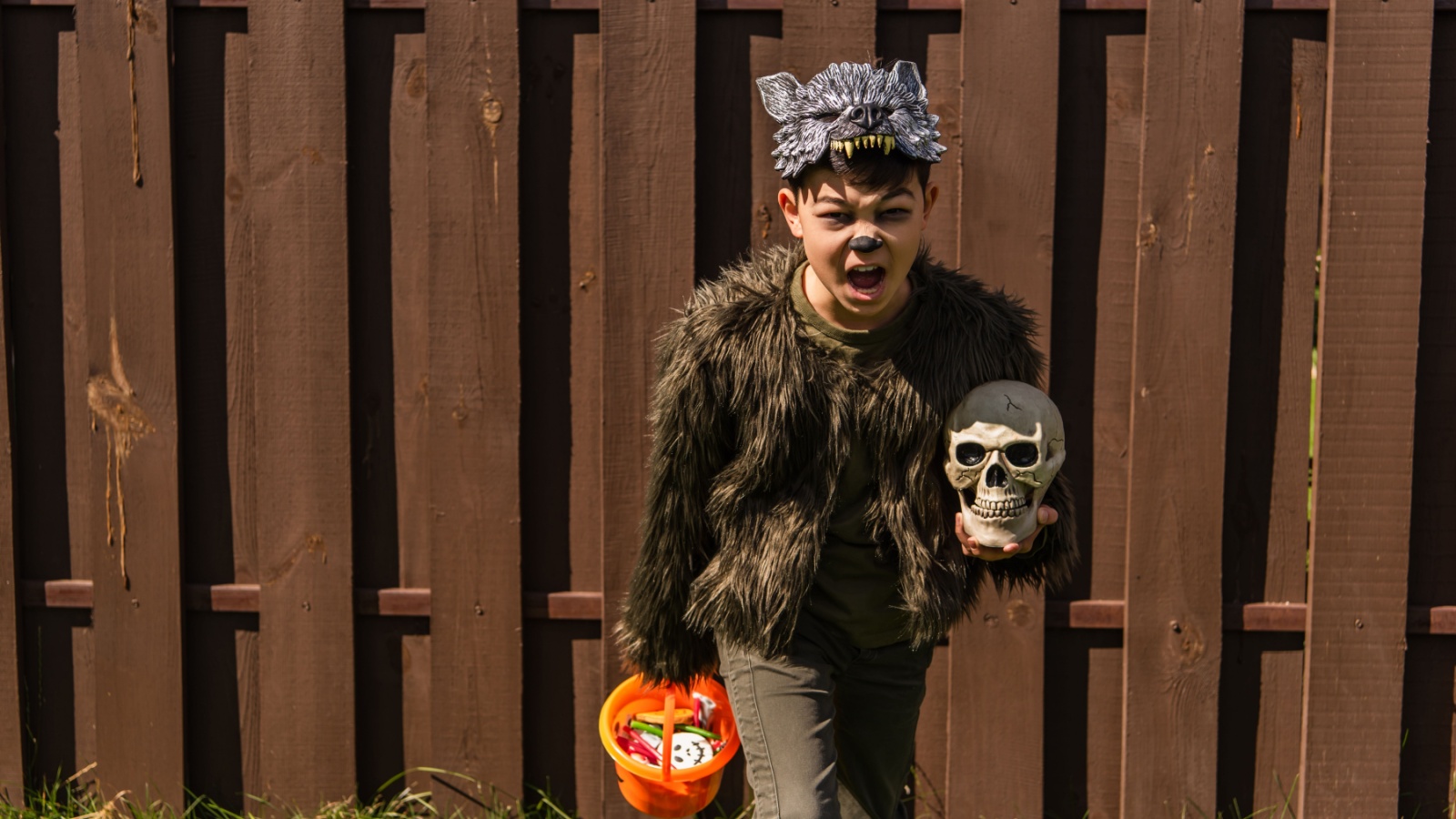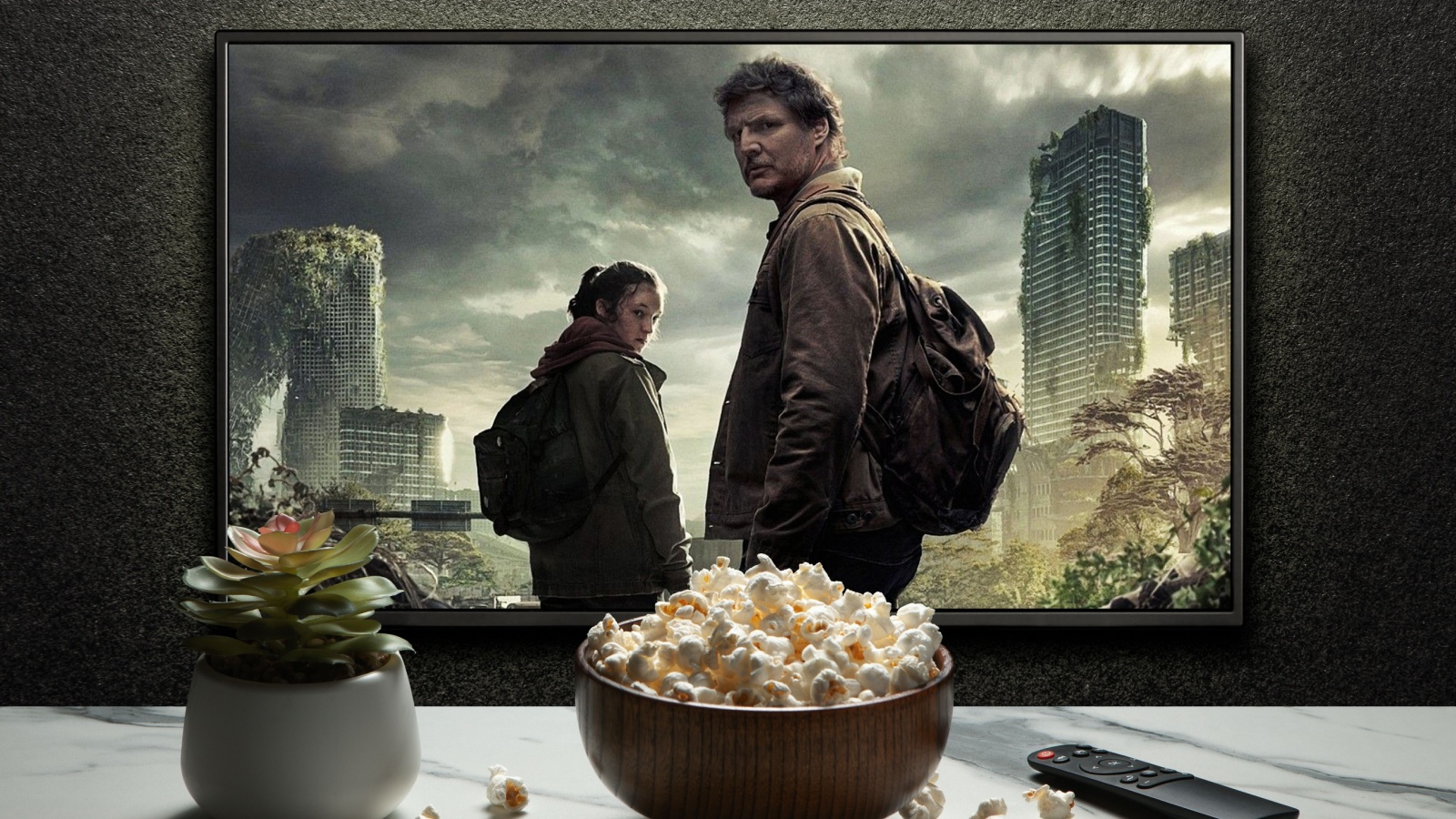Television history in Canada is filled with creativity, talent, and a sense of national pride. Yet many homegrown shows that won over audiences disappeared without proper closure. Some were cancelled due to budget issues, others fell victim to shifting network priorities, and a few ended because of behind-the-scenes controversies. Here are 22 beloved Canadian that suddenly vanished.
Big Wolf on Campus (1999–2002)

This quirky YTV series followed Tommy Dawkins, a high school student who becomes a werewolf after being bitten on a camping trip. He spends his days juggling teenage life and nights protecting his town from supernatural threats. The mix of comedy, fantasy, and action made it a cult favourite among Canadian teens. Despite its loyal following, the show ended after three seasons, with the network citing production costs and changing programming goals. Fans were left hanging, with no real conclusion to Tommy’s story or his ongoing battle between humanity and the monster within.
Intelligence (2006–2008)

Set in Vancouver’s gritty underworld, Intelligence followed crime boss Jimmy Reardon and an Organized Crime Unit chief as they navigated betrayal and power struggles. The series earned praise for its realism and sharp writing but was unexpectedly cancelled after two seasons. Budget issues and alleged political discomfort with its government themes were cited. Viewers were stunned, as the show had found a perfect blend of suspense and moral tension. Its cancellation felt premature, cutting off a complex story that had the potential to rival American crime dramas in both scale and storytelling.
Trickster (2020)

Adapted from Eden Robinson’s acclaimed novel, Trickster told the story of a teenager whose life takes a supernatural turn rooted in Indigenous folklore. The series was praised for its representation and authenticity, offering a rare Indigenous-led fantasy on Canadian TV. However, after revelations about the creator’s misrepresented heritage, CBC cancelled the show despite plans for a second season. The decision devastated fans who saw Trickster as a cultural milestone. Its cancellation wasn’t just about a show ending, it symbolized a setback for Indigenous storytelling that had finally reached mainstream screens.
The Goods (2016–2018)

CBC’s The Goods was a lighthearted daytime talk show blending home design, food, relationships, and lifestyle advice. Hosted by a charming panel, it provided a distinctly Canadian take on morning television, with warmth and humor that appealed to families nationwide. Despite positive viewer feedback, the show was cut after two seasons, reportedly due to budget tightening and low ratings. For regular viewers, the decision felt abrupt. The format was relatable and practical, but it struggled to survive in a competitive market dominated by international lifestyle programming.
On the Road Again (1987–2007)

Hosted by Wayne Rostad, this beloved series showcased heartwarming stories from communities across the country. Each episode celebrated ordinary Canadians doing extraordinary things, creating a sense of national pride. After two decades, CBC cancelled it as part of a shift away from regional programming. Fans were shocked that such a long-running, feel-good show could end while still popular. Its disappearance left a void in public broadcasting that few travel or documentary series have managed to fill since. It remains one of those rare shows viewers still recall fondly years later.
It’s a Living (1989–2004)

This long-running CBC documentary series explored the working lives of Canadians, with host Peter Jordan trying out everything from truck driving to circus performing. It was educational, funny, and surprisingly relatable, offering insight into how Canadians earned their living. After fifteen years, the series was quietly discontinued. CBC cited restructuring and shifting production priorities. Its fans were disappointed since it highlighted the diversity of Canadian work culture. The show’s legacy lives on in reruns and archives, but its sudden end marked the loss of one of CBC’s most down-to-earth productions.
Pilot One (1989)

Pilot One was a short-lived late-night variety show aimed at teens, featuring music performances, interviews, and commentary. It stood out for treating youth culture seriously without being patronizing. Despite critical praise and a Gemini nomination, the show ended after one season due to budget cuts at CBC. It was one of the few Canadian programs that authentically reflected young voices at the time. Fans believed it could have grown into a cultural cornerstone. Its cancellation made it one of those promising “what-could-have-been” stories in Canadian broadcasting.
The Listener (2009–2014)

The Listener followed paramedic Toby Logan, who could hear people’s thoughts, as he helped the police solve crimes. It became a global hit, airing in over 120 countries. Yet after five seasons, CTV abruptly announced the show’s end. Ratings had dipped slightly, but its international popularity suggested more potential. The final episode left fans with unanswered questions about Toby’s future and unresolved storylines. The decision seemed more financial than creative, marking another example of a Canadian show with strong global appeal ending too soon.
Anne with an E (2017–2019)

This reimagining of Anne of Green Gables captivated audiences with its mature themes and stunning cinematography. It explored identity, trauma, and belonging while staying true to its literary roots. Despite a passionate fan base and high streaming numbers, the show was cancelled after three seasons due to disagreements between CBC and Netflix. Fans launched petitions and social campaigns to revive it, but to no avail. The sudden cancellation of such a widely adored adaptation left viewers heartbroken, proving that even critically acclaimed shows aren’t safe from corporate disputes.
Yvon of the Yukon (2000–2005)

This animated comedy followed Yvon Ducharme, a 17th-century French explorer frozen in ice and thawed into modern Yukon life. It was absurd, chaotic, and surprisingly clever, satirizing Canadian culture and politics through a ridiculous premise. Despite strong ratings among kids and teens, the show ended after a few seasons without explanation. Its strange humor made it a cult classic, and many fans still recall its theme song and bizarre characters. The cancellation left viewers wishing for a revival of its distinctly Canadian weirdness and satire.
Canadian Idol (2003–2008)

As the local version of the global singing competition, Canadian Idol produced stars like Carly Rae Jepsen and Kalan Porter. It drew millions of weekly viewers and showcased musical talent from every province. Despite its success, CTV cancelled it in 2009, citing financial constraints. Fans were shocked, as the show was still pulling strong ratings. Many saw it as an important national platform for emerging artists. Its absence left a noticeable gap in Canada’s music industry and reality TV scene, as no major replacement ever achieved similar influence.
SCTV (1976–1984)

Second City Television, or SCTV, launched the careers of comedy legends like Eugene Levy, Catherine O’Hara, and John Candy. Its sketch format, set within a fictional TV station, combined satire and absurd humor. Despite international acclaim and Emmy wins, the show ended abruptly after network shifts and budget disagreements. Its creators went on to Hollywood success, but fans still lament how early SCTV ended. Many believe it could have rivaled Saturday Night Live had it continued longer, making its disappearance one of Canadian TV’s greatest “what ifs.”
ReBoot (1994–2001)

ReBoot was revolutionary as the first fully computer-animated TV series in the world. Set inside a computer system called Mainframe, it featured guardians defending the digital world from viruses. The show developed a loyal fanbase worldwide, praised for its creativity and technical innovation. However, network restructuring and funding cuts led to an unfinished storyline. The final episodes ended on a cliffhanger, leaving viewers desperate for closure. Despite a later reboot attempt, it never recaptured the original’s charm. The original ReBoot remains a benchmark for Canadian animation excellence.
Kim’s Convenience (2016–2021)

This sitcom followed a Korean-Canadian family running a Toronto convenience store, blending humor with heartfelt moments about identity and family. It became a global hit, even helping launch Simu Liu to Marvel fame. When the creators decided to move on, the network ended the series after five seasons. Fans were shocked, as the show was still immensely popular. Cast members later revealed frustration over creative control and underrepresentation behind the scenes. Its sudden end felt like a missed opportunity for continued cultural storytelling and character development.
The Beachcombers (1972–1990)

This iconic coastal adventure series followed Nick Adonidas and his crew as they salvaged logs along British Columbia’s shoreline. It became one of the longest-running Canadian dramas and showcased breathtaking west coast scenery. Despite solid ratings, CBC cancelled it after 18 years, citing financial cuts and programming changes. The show ended quietly, without a dramatic finale, leaving many viewers nostalgic for its simple, community-driven stories. Even today, The Beachcombers is remembered as a symbol of early Canadian television success that deserved a longer goodbye.
So You Think You Can Dance Canada (2008–2011)

This reality dance competition showcased Canada’s top dancers across multiple genres and won several awards. It had a strong following and brought recognition to Canadian choreographers. However, after four successful seasons, CTV cancelled it, citing declining viewership. Fans were disappointed because the show was still vibrant, with talented contestants and strong fan engagement. The end felt premature, given how it inspired a generation of dancers and elevated Canadian talent globally. Its absence left a gap in the reality TV landscape that hasn’t quite been filled since.
Flashpoint (2008–2012)

Flashpoint followed an elite police tactical team handling hostage and crisis situations. It was praised for its emotional depth and realistic portrayal of law enforcement. The show achieved international distribution, airing in the U.S. and multiple countries. Despite steady ratings and critical success, it ended after five seasons due to production costs and shifting network strategies. The finale offered closure but left fans missing its powerful storytelling. Many still regard it as one of the finest Canadian dramas ever produced, setting a standard for future police procedurals.
King of Kensington (1975–1980)

This sitcom, starring Al Waxman, centred on Larry King, a friendly man running a convenience store in Toronto’s multicultural Kensington Market. The show was loved for its warmth and humor, portraying working-class neighborhood life authentically. It lasted five seasons before being cancelled, partly due to network restructuring. Fans felt it ended before its time, as it still had relevant social themes to explore. Its charm and sense of community made it a pioneer of relatable Canadian sitcoms, setting the stage for future classics in urban storytelling.
The Red Green Show (1991–2006)

This mock handyman show, hosted by Steve Smith as Red Green, combined slapstick humor with small-town wisdom. Set in the fictional Possum Lodge, it offered quirky sketches, bizarre inventions, and comedic advice for men everywhere. After fifteen years, the creators chose to end it on their own terms, but fans were still sad to see it go. Its departure marked the end of a unique brand of humor that celebrated Canadian rural life. It remains a cult favourite for those who appreciate its odd but endearing simplicity.
Ready or Not (1993–1997)

A coming-of-age drama about two best friends, Amanda and Busy, navigating adolescence, family, and self-discovery. The show earned critical praise for tackling topics like puberty, friendship, and peer pressure with honesty. It resonated deeply with young audiences across Canada and abroad. Despite its success, production ended after five seasons, reportedly due to funding and scheduling challenges. The conclusion felt abrupt, leaving emotional storylines unresolved. Its cancellation disappointed a generation of teens who grew up alongside its relatable characters and found comfort in its realistic portrayal of growing up.
Corner Gas (2004–2009)

Set in the fictional town of Dog River, this sitcom became one of the most successful Canadian comedies ever. Its dry humor, eccentric characters, and prairie charm made it a national treasure. Despite high ratings, creator Brent Butt decided to end it after six seasons to preserve quality. Fans respected the decision but mourned its departure. The cast later reunited for a movie and animated version, proving the show’s lasting popularity. Corner Gas’s ending felt less like a cancellation and more like a bittersweet farewell to small-town humor.
Republic of Doyle (2010–2014)

This St. John’s-based crime dramedy followed private investigator Jake Doyle as he solved cases across Newfoundland. Its witty writing, local charm, and strong cast made it a favourite. After six seasons, CBC announced its conclusion, citing creative closure, though viewers believed it could have continued. The finale tied up loose ends, but fans missed its mix of action and Atlantic flavor. The show helped put Newfoundland television on the map and remains one of those Canadian productions that ended too soon, leaving audiences wanting just one more case.
21 Products Canadians Should Stockpile Before Tariffs Hit

If trade tensions escalate between Canada and the U.S., everyday essentials can suddenly disappear or skyrocket in price. Products like pantry basics and tech must-haves that depend on are deeply tied to cross-border supply chains and are likely to face various kinds of disruptions
21 Products Canadians Should Stockpile Before Tariffs Hit
